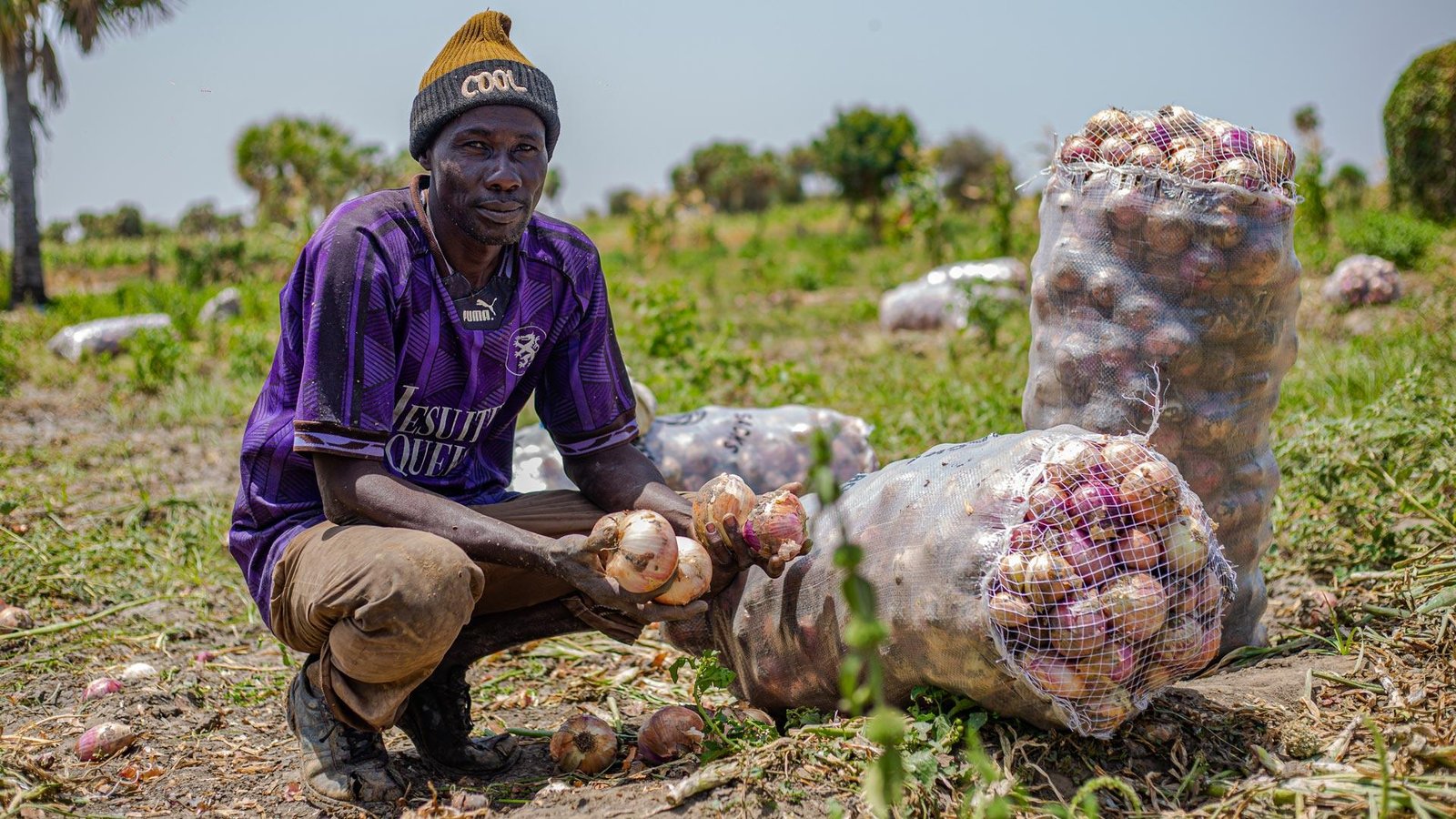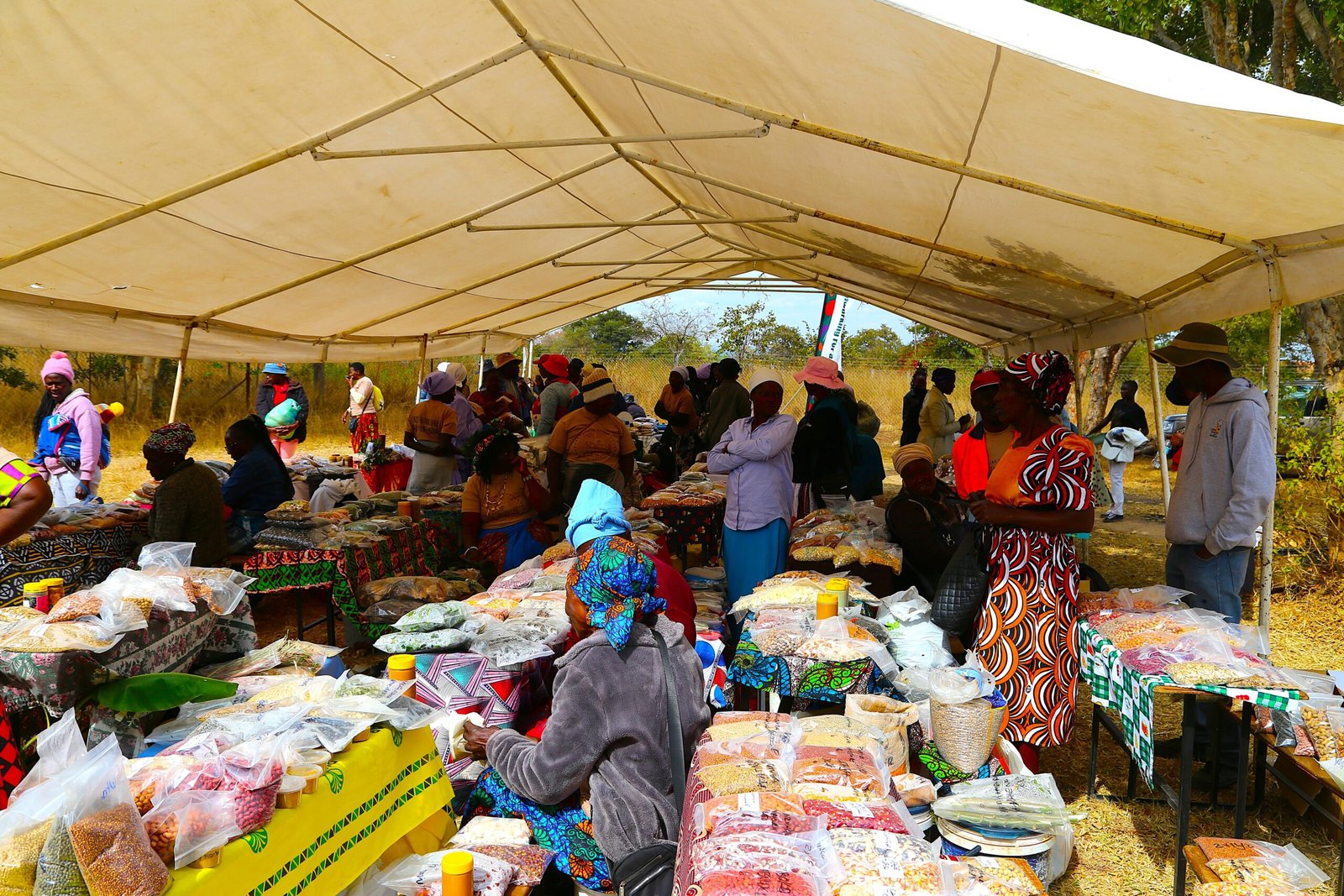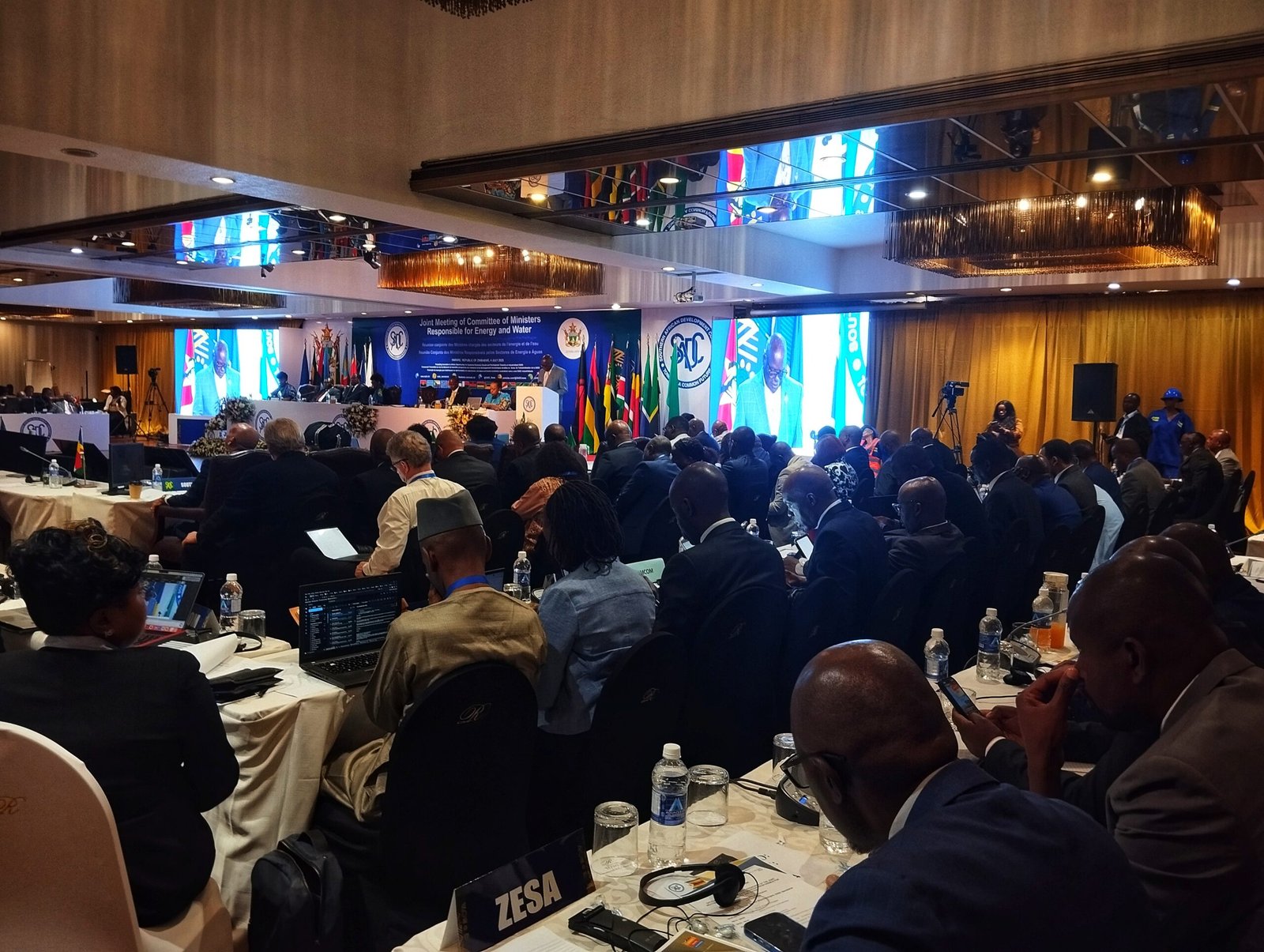Every year, millions of people around the world get sick from foodborne illnesses, with many losing their lives to preventable diseases.
Foodborne illnesses (also called food poisoning) happen when you eat or drink something contaminated with harmful germs, chemicals, or toxins. These can make you sick, causing stomach pain, vomiting, diarrhea, and fever.
The World Bank estimates that the economic costs associated with foodborne diseases in Sub-Saharan Africa amount to approximately $16.7 billion annually. This figure represents a significant portion of food expenditure in the region, ranging from 1.5% to 6.0%, depending on the country. The World Health Organization (WHO) says foodborne hazards lead to a loss of about 33 million disability-adjusted life years (DALYs) each year in low- and middle-income countries, with Africa and South-East Asia having the highest incidence of foodborne diseases.
To assist Zimbabwe in enhancing food safety regulations, improving risk management, and ensuring safer food production and distribution, the United Nations’ Food and Agriculture Organization (FAO) has allocated a US$139,000 grant to support the creation of a comprehensive National Food Safety Policy aimed at strengthening the country’s food control systems. The move aligns with global efforts to reduce foodborne illnesses and boost consumer confidence in food systems.
Permanent Secretary in the Ministry of Health and Child Care, Dr. Aspect Maunganidze, during the launch, bemoaned the lack of a comprehensive and enforceable food safety policy in Zimbabwe, which has led to fragmented, uncoordinated, and inefficient food safety management among the country’s Competent Authorities (CAs). He called for structural reforms in Zimbabwe’s food safety governance to protect health, enhance economic stability, and improve regulatory efficiency.
“The assessment revealed that currently, there is no comprehensive and enforceable food safety policy in Zimbabwe, and that food safety management in Zimbabwe is characterized by minimal and inadequate coordination among Competent Authorities (CAs), leading to overlaps and duplication of efforts in food safety management,” said Dr. Maunganidze.
“This funding allows us to address the fragmentation and resource limitations that have hindered effective food control. It will enable us to develop a policy that streamlines responsibilities and ensures efficient resource utilization.”
The TCP project emphasizes a collaborative approach, bringing together government agencies, food producers, researchers, and international organizations. This multi-stakeholder engagement is seen as crucial to the policy’s success.
“Developing a food safety policy cannot be done in isolation. We need collaboration between government agencies, the food industry, academia, civil society organizations, and international bodies,” said Dr. Maunganidze.
FAO Representative in Zimbabwe and Sub-Regional Coordinator for Southern Africa, Dr. Patrice Talla, who was represented by his assistant, Ms. Tendai Munyokoveri, emphasized the critical importance of developing a strong national food safety policy for Zimbabwe. He believes that the policy is more than just a regulatory issue, it is a public health necessity, an economic imperative, and a fundamental human right.
“The development of a robust national food safety policy is not just a policy matter—it is a public health issue, an economic imperative, and a fundamental human right. The food we consume directly impacts our well-being, productivity, and quality of life. A safe food system is essential for a thriving economy, sustainable development, and the protection of future generations.”
Agriculture forms the backbone of Zimbabwe’s economy, contributing 45% of export earnings and supporting over 70% of the population. However, the country has long struggled with significant food safety challenges that threaten public health and economic stability.
Dr. Talla said that food safety is a critical global public health issue with far-reaching consequences and that developing a strong, comprehensive food safety policy is an urgent necessity, not a choice. He highlighted how foodborne illnesses affect millions worldwide, cutting across regions and socioeconomic classes, while also placing immense strain on healthcare systems and economies. Addressing these challenges demands a coordinated national strategy with clear objectives, robust regulations, and multi-sector collaboration.
“Food safety is at the heart of public health. The numbers are staggering: millions of people worldwide suffer from foodborne illnesses every year, and many lose their lives to preventable food-related diseases. These illnesses are not confined to one region, country, or economic class—they affect everyone. As we seek to develop and strengthen our food safety systems, we must remember that the consequences of foodborne hazards extend far beyond the immediate impact on health. They place a heavy burden on our healthcare systems, economic growth, and social structures.”
“Developing a comprehensive food safety policy, therefore, is not simply an option—it is a necessity. It is a call to action, one that requires a national strategy with clear goals, strong regulatory frameworks, and coordinated efforts across all sectors of society,” he added.
He emphasized the critical role of innovation, technology, and sustainability in building a modern, resilient food safety system.
“As we move forward, we must also embrace the power of innovation and technology in advancing food safety. Emerging technologies like artificial intelligence, blockchain, and precision agriculture can enhance traceability, improve food testing, and offer real-time monitoring of food safety risks. By leveraging these technologies, we can create more resilient food systems that can respond quickly to evolving challenges, such as foodborne outbreaks or disruptions in the supply chain.”
The $139,000 FAO-funded project represents a holistic approach to transforming the nation’s food safety landscape. It aims to establish a robust framework that defines clear roles and responsibilities, sets stringent food production standards, and creates effective monitoring and enforcement procedures.
This National Food Safety Policy will significantly enhance food safety by improving coordination among stakeholders, establishing uniform standards, mandating enhanced surveillance, and promoting public awareness. It will ensure compliance with international standards, implementation of risk management procedures, and provision of capacity-building training for food inspectors and other stakeholders. These mechanisms collectively contribute to a more streamlined, efficient, and effective food control system, reducing foodborne illnesses and safeguarding public health.





